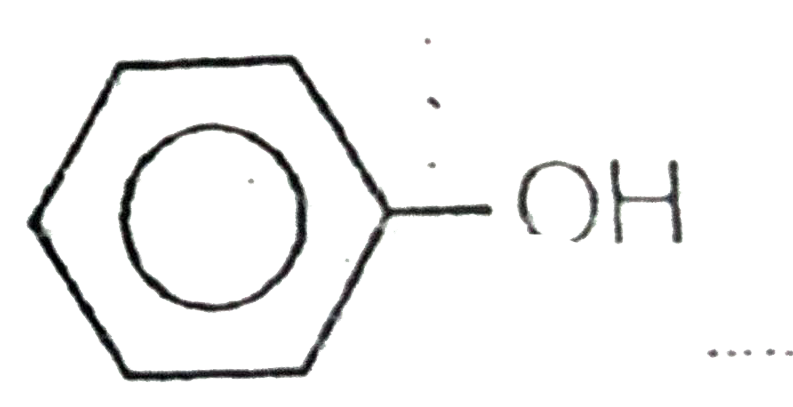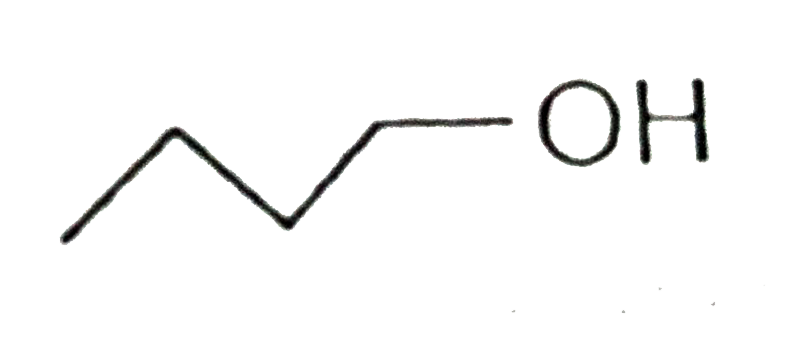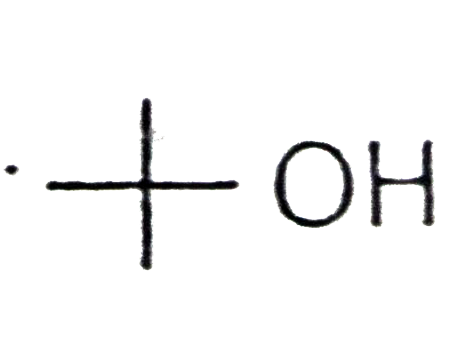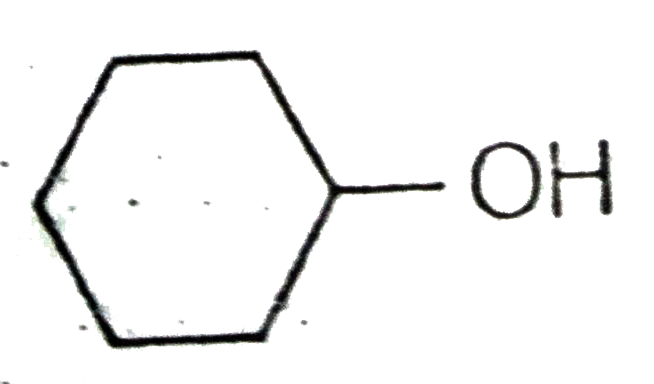When one glucose molecule is completely oxidised, it changes
36 ADP molecules into 36 ATP molecules
38 ADP molecules into 38 ATP molecules
30 ADP molecules into 30 ATP molecules
32 ADP molecules into 32 ATP molecules
The correct Answer is:B
In aerobic respiration or biological oxidation of one glucose molecules, 38 ADP molecules change into 38 ATP molecules, where donor phophate is inorganic phosphate . ATP molecules are the energy currency of the cell, i.e., the common immediate source of energy in cellular activity.
Topper's Solved these Questions
Similar Questions
Knowledge Check
- Question 1 - Select One
Molecule which does not oxidise
A B
B C
C D
D
- Question 2 - Select One
In muscles from three molecules of glucose, two are completely oxidized and one is incompletely oxidized (anaerobic) then, what will be the number of total NAD+0 molecules utilized
A10B20C14D8 - Question 3 - Select One
How many molecules of ATP will be generated in Krebs cycle ,if a molecule of sources is completely oxidised and used a substrate ?
A24B48C2D30
If K_(3)[Fe(CN)_(6)] is completely ionised in a solution, what is the number of paritcles forms when one molecule is completely ionised.
View SolutionIn most eukaryotic cell, the net gain of ATP per glucose molecule oxidised is 38 ATP.
View SolutionHow many ATP molecules are released when one molecules of glucose is oxidised in our liver cells ?
View SolutionAssertion : Glucose is favoured respiratory substrate.
Reason : When glucose is used as respiratory substrate and is completely oxidised, RQ is 1.View SolutionAssertion :- Calculation of the net gain of ATP for every glucose molecule oxidised, is a theoretical calculation.
Reason:- Owing breakdown of glucose sequential orderly functioning of pathway is not necessary.View Solution

